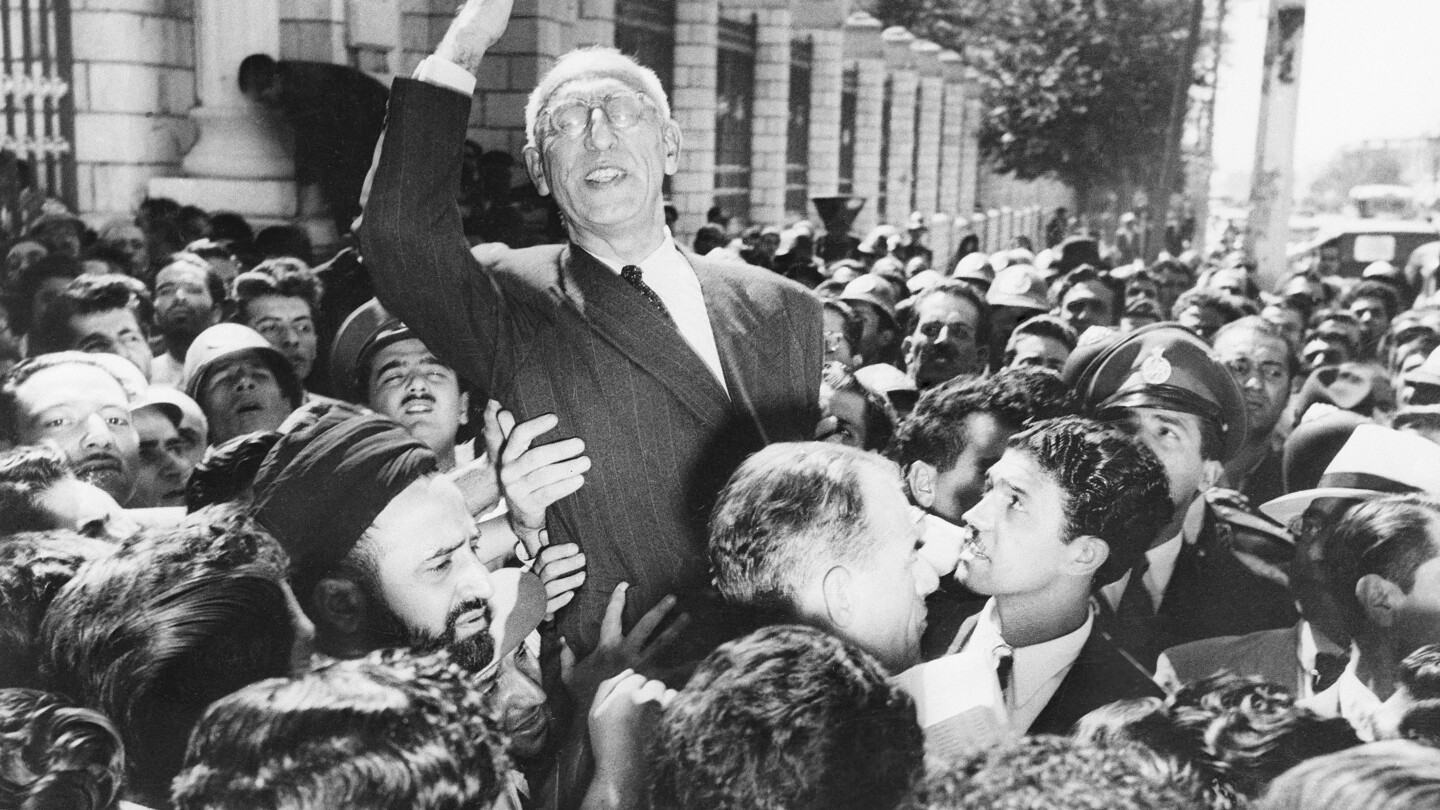While revealing new details about one of the most famed CIA operations of all times — the spiriting out of six American diplomats who escaped the 1979 U.S. Embassy seizure in Iran — the intelligence agency for the first time has acknowledged something else as well.
The CIA now officially describes the 1953 coup it backed in Iran that overthrew its prime minister and cemented the rule of Shah Mohammad Reza Pahlavi as undemocratic.
Other American officials have made similar remarks in the past, but the CIA’s acknowledgment in a podcast about the agency’s history comes as much of its official history of the coup remains classified 70 years after the putsch. That complicates the public’s understanding of an event that still resonates, as tensions remain high between Tehran and Washington over the Islamic Republic’s rapidly advancing nuclear program, its aiding of militia groups across the Mideast and as it cracks down on dissent.
The “CIA’s leadership is committed to being as open with the public as possible,” the agency said in a statement responding to questions from The Associated Press. “The agency’s podcast is part of that effort — and we knew that if we wanted to tell this incredible story, it was important to be transparent about the historical context surrounding these events, and CIA’s role in it.”



deleted by creator
This isn’t limited to Argo. Hollywood absolutely steals real life events and turns them into America is Awesome movies.
U-571 should have been about the British navy.
Let’s not look past the white washing of stories as well. Last Samurai.
Now You See Me21…both movies where the stories are about Asians but played by Caucasians.Funnily enough, Last Samurai belongs in the first category too. There were some real-life white military officers who were employed as advisors and ended up fighting against the Meiji government in the late 18th century. They were French, though, not American.
deleted by creator
Shit. I meant 21, the movie about the MIT Poker team.
deleted by creator
Hero role?
Every Hollywood movie is re-written to have the American be the hero, this is no different.